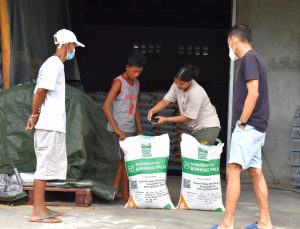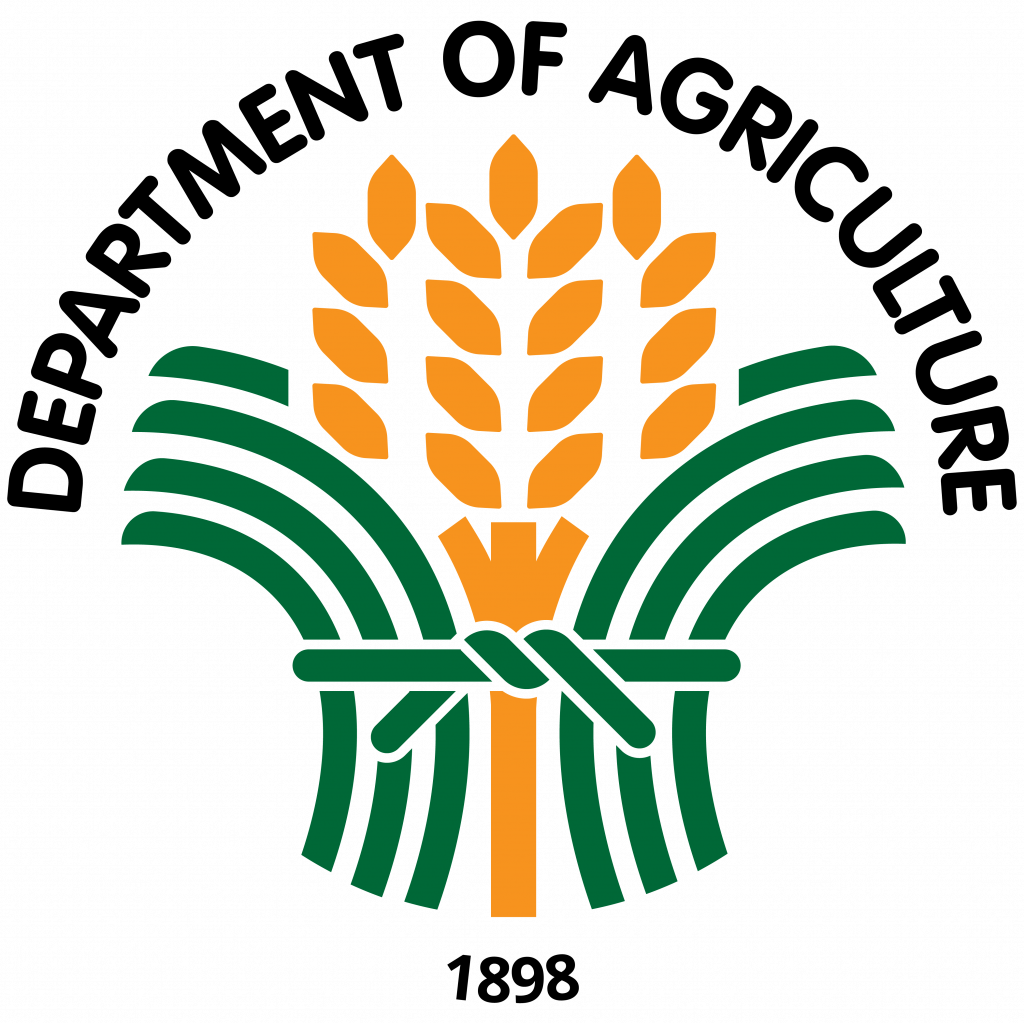 RICE farmers who have been receiving high-yielding seeds under the Rice Competitiveness Enhancement Fund (RCEF)-Seed and Extension Programs are consistently reporting better yields.
RICE farmers who have been receiving high-yielding seeds under the Rice Competitiveness Enhancement Fund (RCEF)-Seed and Extension Programs are consistently reporting better yields.
About 27,000 farmers who received certified inbred seeds from the RCEF-Seed and Extension Programs Quezon are looking to have a good harvest this April.
Melinda Cerdon, project partner in Mulanay, expects a repeat of the high yield from the PSB Rc 18 she received from the program.
“I’ve been harvesting 1.5 tons per hectare (t/ha) for almost two decades. But for the first time in 2020, I gained 4.5 t/ha,” she said.
Cerdon, also the president of Ibabang Yuni Farmers Association, said that the RCEF-Seed Program gave them access to seed varieties that exhibited good growth and consistent panicle development.
Meanwhile, Johnny Dignosanto, president of the Samahan ng Magpapalay sa Barangay Sta. Rosa, Mulanay, doubled his harvest from 2.2 t/ha to 5.5 t/ha by planting NSIC Rc 216 and Rc 218 in his 1-ha rice field last wet season. He also saved P4,000 from the program’s free certified inbred seeds.
Farmer partners including Cerdon also received scholarships from the RCEF Extension Program, providing her the opportunity to attend training on high-quality inbred seeds and farm mechanization, and guided her in managing their 2.7-ha farm.
Cerdon changed her practice of seeding 100 kilograms per ha (kg/ha) to 40 kg/ha, reducing her expenses by P4,000.
Members of the Ibabang Yuni Farmers Association also practice synchronous planting, which they observed is effective in controlling insect pest incidences.
The RCEF-Seed and Extension Programs was created by Republic Act 11203 or the “Rice Tariffication Law.” It is implemented by the Philippine Rice Research Institute, an agency under the Department of Agriculture, and has an annual funding of P3.1 billion from 2019 to 2024. (The Manila Times)
